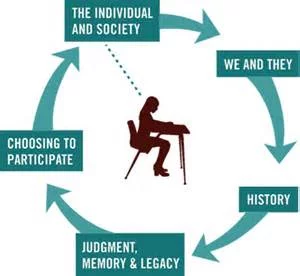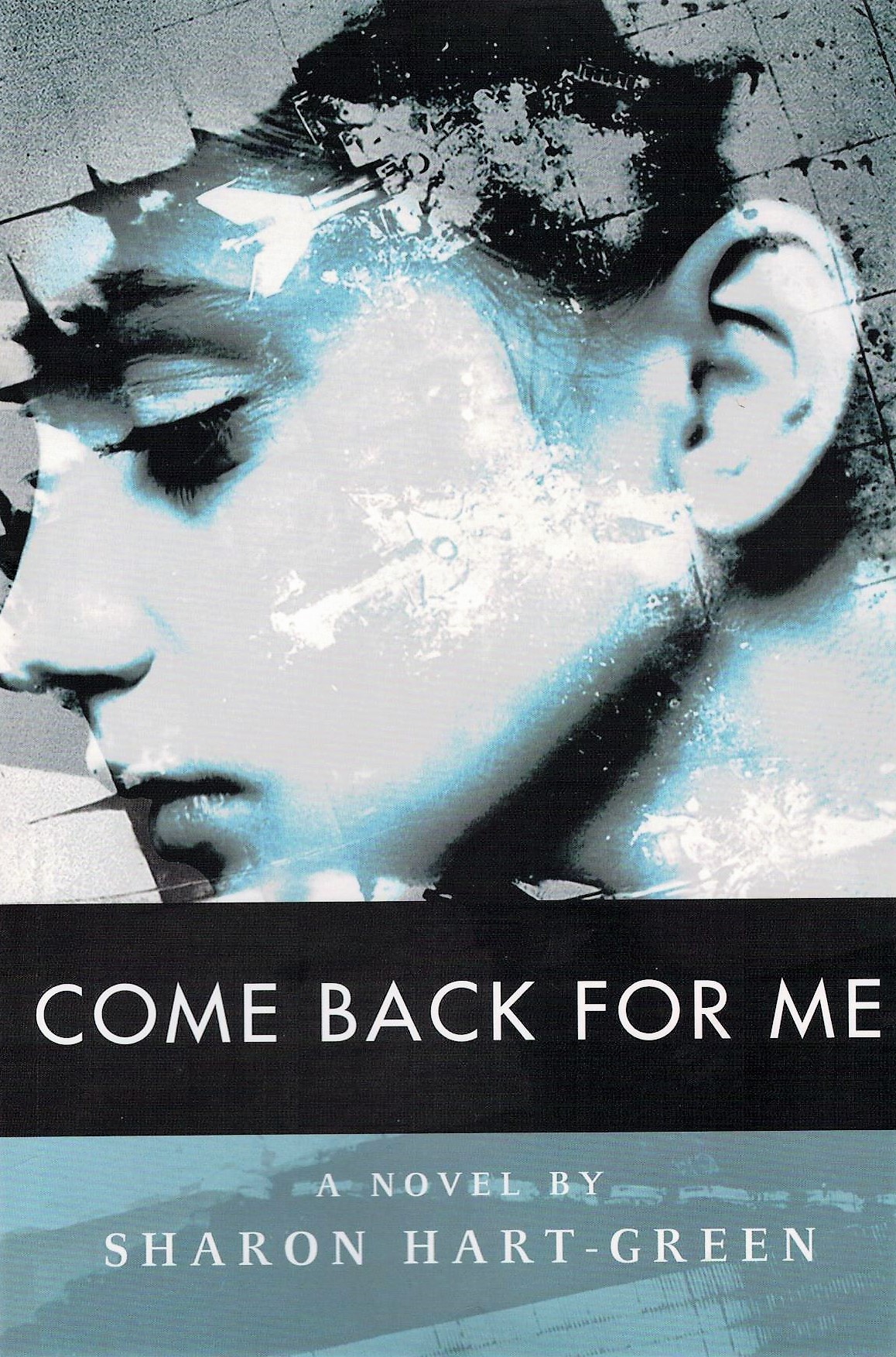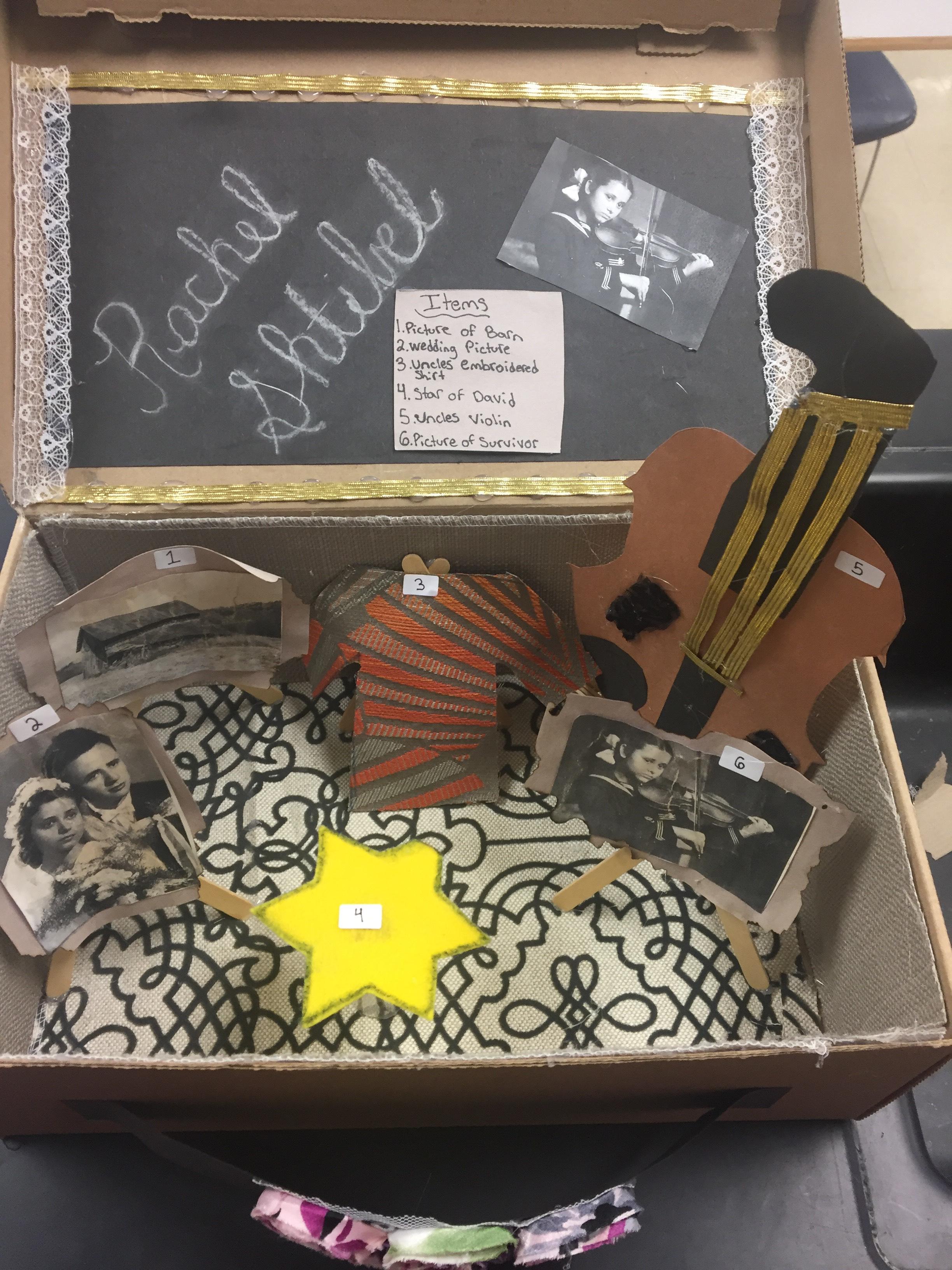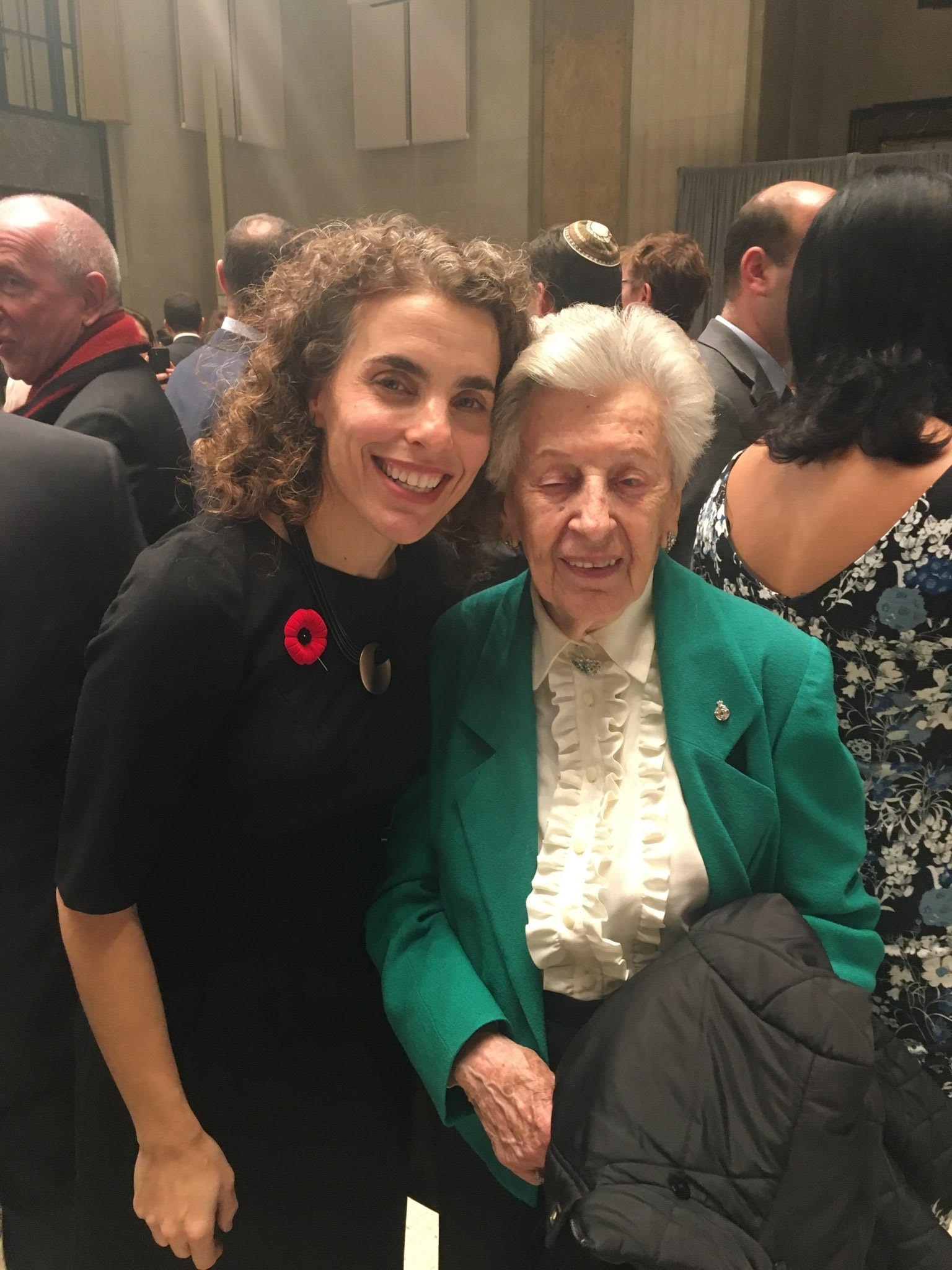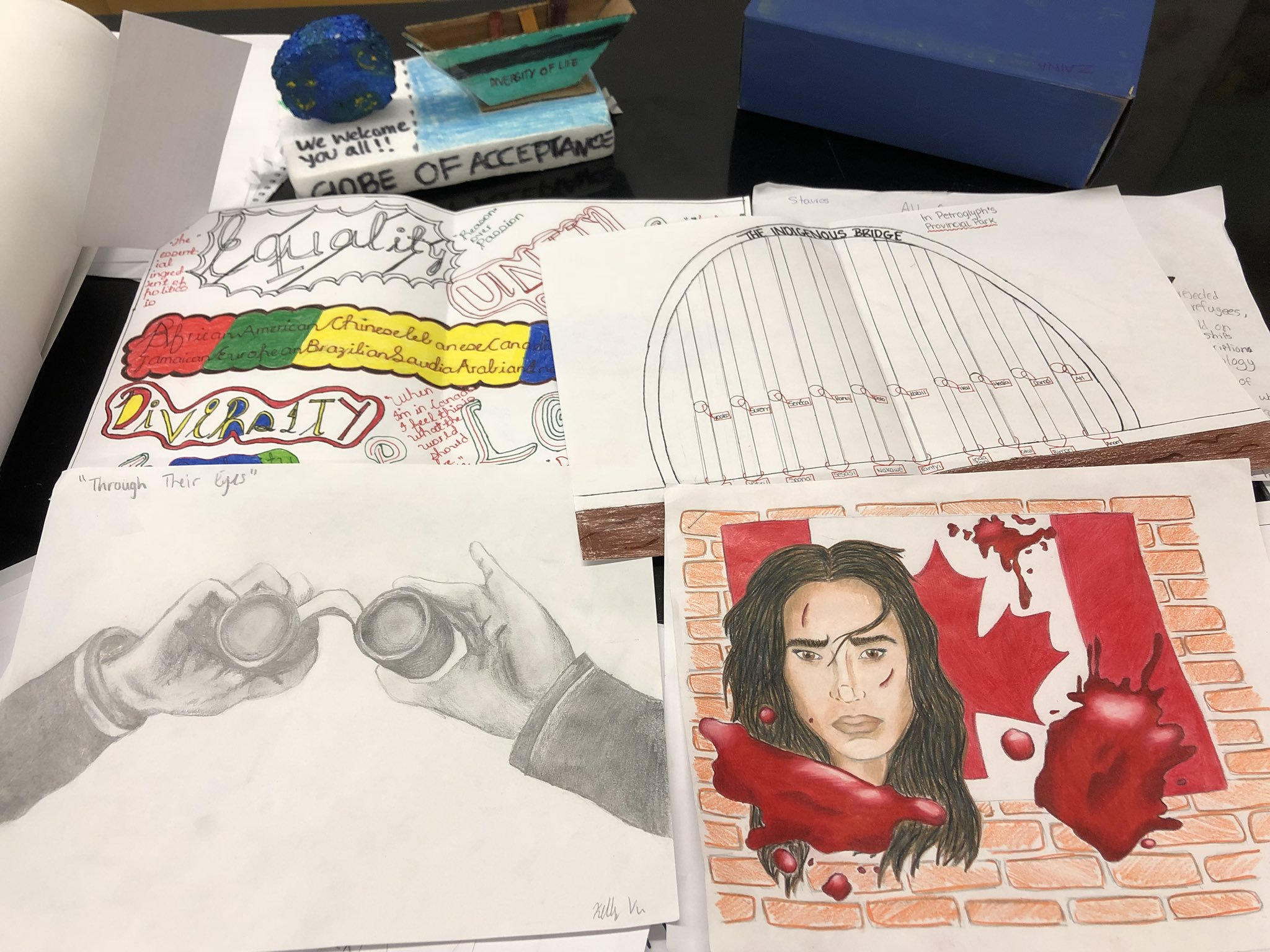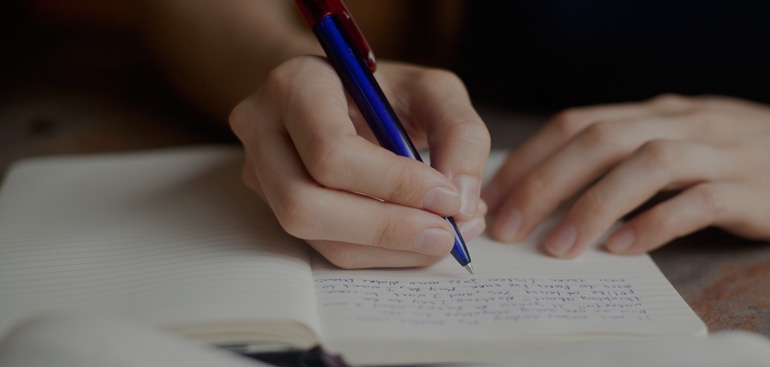Ever since attending my first Facing History and Ourselves workshop, I have looked for ways to incorporate Facing History pedagogy into my middle-years classroom. This year, I used the scope and sequence and pedagogical triangle to design the structure of my Grade 8 English Language Arts course.
Topics: Strategies, Book, English, stolen lives, Reading List, Decolonizing Schools, Facing Canada, cross curricular teaching and learning
6 Ways to Incorporate Cross Curricular Approaches in Your Social Sciences Classroom
Posted by Heidi Crowley on March 6, 2019
Why Cross Curricular?
We know that time with students is limited, so taking advantage of repeated themes which exist between courses to help build bridges between knowledge gaps is an effective strategy. We also know that in the hecticness of a regular school day, these great concepts are often just that- concepts- because we don’t have time to take on anything more between teaching, marking, meetings, that varsity game you promised to attend, and the play you are helping find props for. Here are a few ideas with ready-to-use resources so that, if one speaks to you, you can easily use it within your classroom sooner rather than later. Remember, trying out one of these ideas on your own first and then looking to next year to work collaboratively can be a starting point, if finding an interested colleague to collaborate with proves difficult.
Topics: Culturally Responsive and Relevant Pedagogy, facing history pedagogy, Treaty, Facing Canada, cross curricular teaching and learning
As an educator, I used to think true learning was my teacher content knowledge level or how much information I could get out there to students. Here’s what I thought should happen: students would learn information,reproduce it in the way I wanted them to, and then that would be a good measuring stick for how much they knew. However, In the 21st century with a world of information availability at your fingertips, this approach has become more and more obsolete.
Topics: Identity, Holocaust Education, Holocaust and Human Behaviour, facing history pedagogy, Facing Canada
Readers often ask what compelled me to write a novel about the Holocaust. After all, I am not the child of survivors. In fact, most of my family came to North America well before the outbreak of WWII.
Topics: Holocaust Education, Literature, Holocaust History in Canada
When I moved away from being a classroom teacher to the role of Instructional Coach I knew my passion was in equity work. In Peel we have a five year School Success Plan with one branch of focus dedicated to equity and inclusion. Within the equity and inclusion branch of the plan there are four communities identified as a focus for teachers to gain additional knowledge about in order to better teach and support those students to learn and be successful in Peel schools. The four groups are: students who identify as a part of the LGBTQ+ community, First Nation, Metis and Inuit students, black male students, (this year the focus shifted to all black students) and students living in poverty.
Topics: Teaching Strategies, Teaching Resources, Teachers, Indigenous History, Book, difficult conversations, stolen lives, settler educators, Black History, Equity in Education, Poverty
As the blog manager for Facing Canada, I have the privilege of working with many very talented, dedicated and creative teachers. There are so many teachers who come up with fantastic and meaningful projects and assessments for students that deepen learning and pique student interest. I have often been inspired by projects posted, and recently had a chance to adapt one for my own classroom that had been on my mind for awhile.
Topics: Identity, Holocaust Education, Salvaged Pages, facing history pedagogy, Azrieli Foundation Memoirs, Holocaust History in Canada, Facing Canada
My Reflections on Canada’s Apology for the MS St. Louis
Posted by Leora Schaefer on November 15, 2018
As part of a Facing History and Ourselves course, educators and students reflect on the power of apology. These apologies are often examined within the context of transitional justice. In Canada our students explore the apology given by the Canadian Government for their role in the establishment of Indian Residential Schools. In advance of a close reading of this apology, students and their teachers consider moments in which they have either given or received a meaningful apology.
Topics: Holocaust, Survivor Testimony, Holocaust Education, Holocaust and Human Behaviour, apologies, Holocaust History in Canada
Going Beyond Canada 150: Memorial Design as a Course Culminating Task
Posted by Mike Elias on October 29, 2018
Why is studying history relevant?
Canada Day, Independence Day, Bastille Day. Theses are days of celebration. People gather, wave flags, watch fireworks, and enjoy a long weekend in celebration. But what exactly are these days in celebration of? Why do we mark particular days with significance? Are these days equally as important for all people? Why do we honour the people we do? Are these people significant for all groups and generations? Can we change the way we remember individuals or honour new ones in light of new information?
Topics: Student Voices, Holocaust Education, Memorial, Student Work, legacy, Grade 10 History, CHC, Black History, Decolonizing Schools, culminating
A call out to all Facing History and Ourselves Educators. We are looking for Facing History and Ourselves educators who would be interested in blogging for us. You do not need any blogging experience. You will be working with myself, Facing Canada blog curator Alysha Groff, each step of the way to develop your blog post. You can propose an idea to write about, or simply let me know your interest, and I will work with you to come up with a blog idea that will best demonstrate your experiences as a Facing History educator. Teachers of any grade and subject area that work to include topics of social justice and equity in their teaching through a Facing History lens can write a blog!
Topics: Facing History and Ourselves, Teachers, Blogs
As Facing History educators, we know the importance of creating a classroom that is a safe space for students physically, mentally and emotionally. This is of special importance because we engage students in conversations about identity, belonging, difficult histories and contemporary injustices - subject matter that can be uncomfortable and emotional. However, we often forget that we also need to take care of ourselves.
Topics: Inside a Genocide Classroom, Mental Health Awareness

